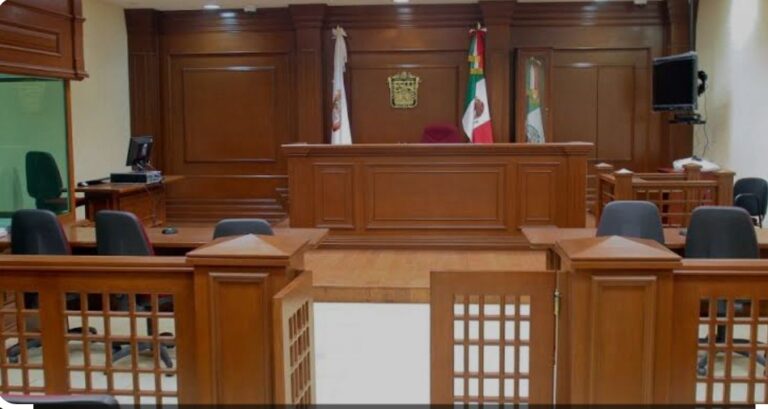
Conditional Suspension of the Process: A Brief and Didactic Explanation
The Conditional Suspension of the Process is an alternative solution proposed by the Public Ministry or the accused to the Control Judge to resolve the conflict. Once a damage repair plan and a series of conditions established by law are fulfilled, criminal action is extinguished. The Conditional Suspension of the Process is outlined in the National Code of Criminal Procedure from Article 191 to Article 200.
OBJECTIVE OF THE CONDITIONAL SUSPENSION OF THE PROCESS
The objective of the Conditional Suspension is to guarantee effective protection of the victim’s rights, such as access to justice and comprehensive recovery from harm, while also providing the accused with the opportunity to conclude the ordinary criminal process without going to trial and therefore without a conviction.
REQUIREMENTS FOR THE CONDITIONAL SUSPENSION OF THE PROCESS
Article 192 of the National Code of Criminal Procedure establishes several requirements for the accused to opt for the conditional suspension of the process:
- The accused must have been linked to the process for an offense that does not exceed the arithmetic mean, meaning the sum of the minimum and maximum penalties divided by two must not exceed five years.
- The victim must not oppose the suspension because they believe that the damage repair has not been adequately guaranteed.
- The accused must not have previously violated a conditional suspension of the process (up to five years prior to the resolution).
The stipulation in Section III of Article 192 will not apply if the accused has been acquitted in that proceeding. It is also important to mention that the conditional suspension is inadmissible for offenses that require preventive detention.
OPPORTUNITY TO REQUEST THE CONDITIONAL SUSPENSION OF THE PROCESS
Article 193 of the National Code of Criminal Procedure states that the conditional suspension of the process must be made after the linking resolution has been issued and before the opening order for oral trial. This can occur in a dedicated hearing or during other hearings.
CONDITIONS FOR THE ACCUSED TO FULFILL DURING THE CONDITIONAL SUSPENSION OF THE PROCESS
Article 195 of the National Code of Criminal Procedure establishes that the Control Judge will set the term for the conditional suspension of the process, which cannot be less than six months or more than three years, and will determine one or more conditions that the accused must fulfill. These conditions include, but are not limited to:
- Residing in a specific location;
- Frequenting or avoiding certain places or individuals;
- Abstaining from consuming drugs or alcohol;
- Participating in special programs for addiction prevention and treatment;
- Learning a trade or profession or attending training courses as determined by the Control Judge;
- Performing community service for the State or public charities;
- Submitting to medical or psychological treatment, preferably in public institutions;
- Having a job or acquiring a trade, skill, industry, or profession within the timeframe set by the Control Judge if lacking means of subsistence;
- Submitting to monitoring as determined by the Control Judge;
- Not possessing or carrying weapons;
- Not driving vehicles;
- Abstaining from traveling abroad;
- Fulfilling child support obligations; or
- Any other condition deemed necessary by the Control Judge to ensure effective protection of the victim’s rights.
To set these conditions, the Control Judge may require a prior evaluation of the accused. The Public Ministry, the victim, or the offended party may propose conditions that they believe the accused should adhere to.
The Control Judge will ask the accused if they agree to comply with the imposed conditions and will inform them of the consequences of non-compliance.
PROCESSING
Article 196 of the National Code of Criminal Procedure establishes that the victim or offended party will be summoned to the hearing on the date specified by the Control Judge. Their absence will not prevent the Judge from resolving the admissibility and terms of the request.
In their resolution, the Control Judge will set the conditions under which the process is suspended or the request is denied and will approve the proposed damage repair plan, which may be modified by the Control Judge during the hearing. The mere lack of resources of the accused cannot be used as a sufficient reason to deny the conditional suspension of the process. The information generated as a result of the conditional suspension cannot be used if the criminal process continues.
Now that you have a general understanding of the conditional suspension of the process, if you are in prison for a crime, you might be eligible for this benefit.
If so, please do not hesitate to contact me, Lic. Jorge Fernández, at 686.2.55.85.32 to schedule an appointment and discuss a solution to your problem.